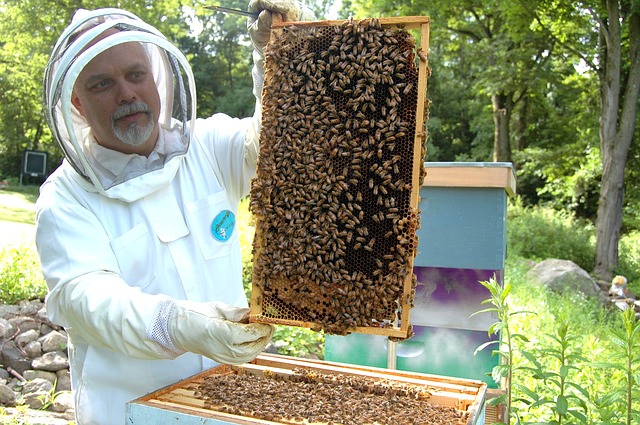

That epiphany led Natasha into a conversation with her parents, Brian and Nancy Wilson, about coming back to the farm. Her work was “extremely stressful and extremely demanding,” and she realized, “I don’t care about this at all, it’s not meaningful to me.” She had spent 17 years away from the farm, embarking on a professional career, only to reach a breaking point at which she realized she didn’t want that to be her life. The 3-hour event began with attendees seated at tables in a large, air-conditioned barn, listening to Natasha’s story. Those who turned out had various concerns of their own, and by all indications, came away from the event upbeat, their heads filled with new ideas to try. How exactly West Fork Farmstead is navigating this generational hand-off was what dozens of farmers had gathered to learn during the Practical Farmers of Iowa Field Day earlier this month. Her parents transitioned it to corn and soybeans in the early 1990’s, and now it is transforming once again to a pasture-based rotational grazing system for primarily swine, cattle, and chickens. In the family since the 1930’s, the farm was once home to 400 acres of row crops and 120 head of farrow to finish swine. Today, Natasha, along with sister Claire, is in the process of transitioning the family farm from their parents’ care to their own.

Life is full of surprises and reversals, isn’t it? “I thought this very unjust, and so I did not think of farming as a career,” she said. Worse yet, unlike other kids, she was expected to help her parents with their jobs.

“As a child, my perception of farming was that my parents worked extremely hard and made no money,” Natasha Wilson told the group of farmers gathered at her West Chester farm on July 14. The Wilson family of West Fork Farmstead in West Chester is willing to talk about it With 60% of Iowa’s farmland owned by people over 65, a great farm transition is underway.


 0 kommentar(er)
0 kommentar(er)
